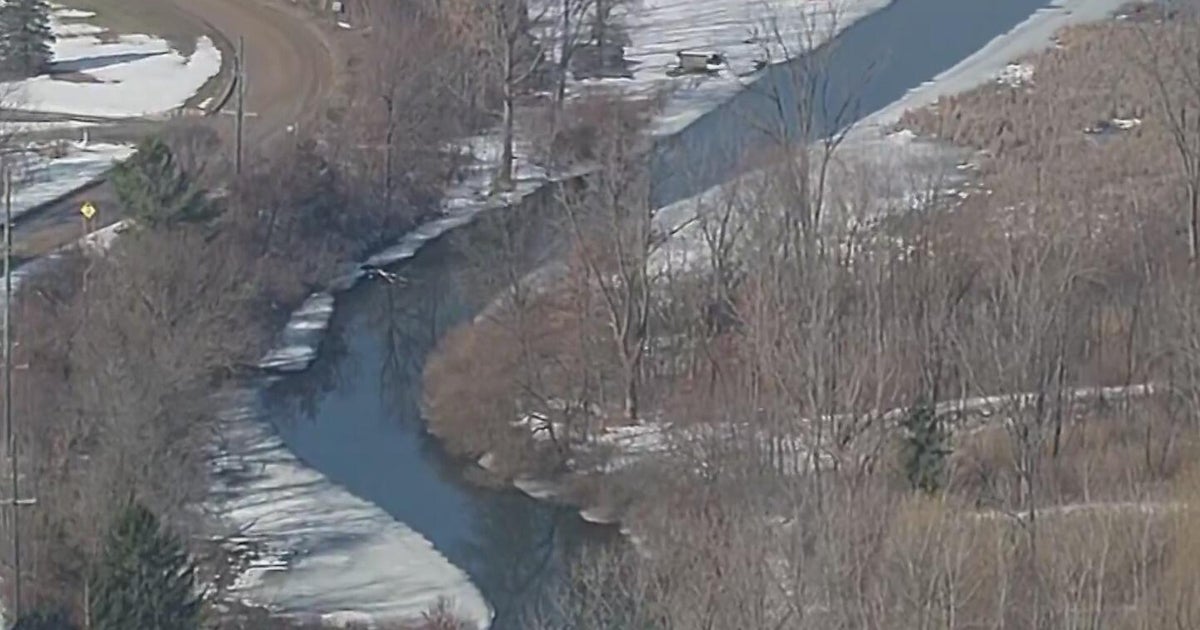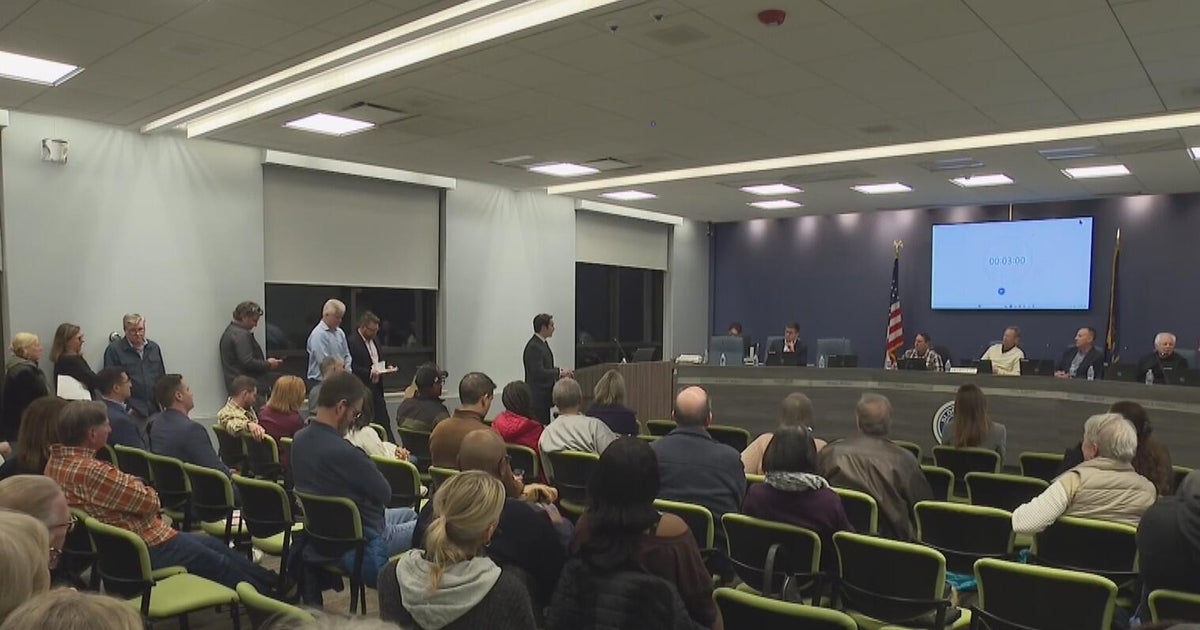DNR Settles White Bear Lake Lawsuit
ST. PAUL, Minn. (AP/WCCO) -- The Minnesota Department of Natural Resources has settled a lawsuit over declining water levels in White Bear Lake.
A group of homeowners sued the DNR two years ago, claiming the agency had allowed too much groundwater use in the area.
"I'm excited to look out and not see yards and yards of brown space that was once blue space," resident Shannon Whitaker said.
White Bear Lake has changed a lot since Shannon Whitaker moved in 18 years ago.
"Because of way lake is made has no springs and water sources," Whitaker said.
She's says for the first time in all those years there's hope the lake will recover from historic low water levels.
"The business all in White Bear Lake is centered around lake and the natural aesthetics of town," she said.
The lawsuit settlement between the White Bear Lake Restoration and Homeowners Associations and the DNR calls for 13 communities in the northeast metro to stop using groundwater that comes from inside White Bear Lake.
They would shift to a surface water supply from the Missisippi River..
"They have the extra capacity of 30 percent," she said.
Each of the surrounding communities would also create its own long-term water conservation methods.
But the terms of the settlement are not set in stone. The DNR must help lobby the state legislature to make it a reality.
Whitaker says the first phase of such a plan would cost an estimated $155 to $230 million.
The price of pumping life back into White Bear Lake.
"It's a really good demonstration of what will happen if current water policy is not changed," she said.
It's not clear when that will happen. The DNR says moving the first six communities would cost as much as $230 million, and no one has committed to paying.
"We believe this settlement is in the interest all parties, as well as communities and area residents. It will contribute meaningfully to advancing long-term water sustainability in the North and East Metro area," Barb Naramore, assistant DNR commissioner, said.
The DNR also agreed to set a minimum water level to guide regulation of new or existing groundwater permits. That wouldn't apply until the first six communities move to surface water.
"We believe there are other causes for the low lake levels in recent years, and would note that those levels are within the historic range of variation recorded for White Bear Lake," Naramore said.
(TM and © Copyright 2014 CBS Radio Inc. and its relevant subsidiaries. CBS RADIO and EYE Logo TM and Copyright 2014 CBS Broadcasting Inc. Used under license. All Rights Reserved.This material may not be published, broadcast, rewritten, or redistributed. The Associated Press contributed to this report.)







